Europee
-
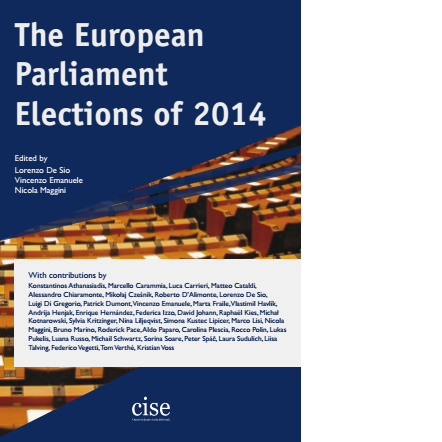
“The European Parliament Elections of 2014” – individual chapters in PDF format
Introduction Lorenzo De Sio, Vincenzo Emanuele and Nicola Maggini Part…
-

The European Parliament Elections of 2014 – the e-book
The European Parliament Elections of 2014 edited by Lorenzo De Sio,…
-
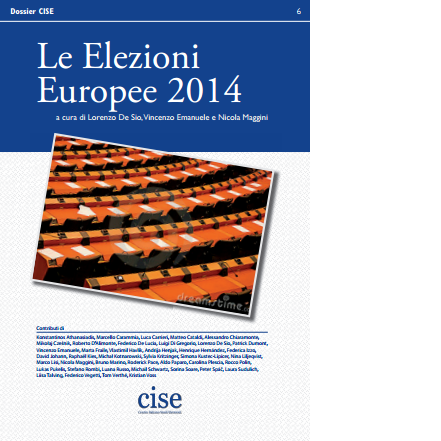
Le Elezioni Europee 2014 – i singoli capitoli in PDF
Introduzione Lorenzo De Sio, Vincenzo Emanuele e Nicola Maggini Parte I…
-

Disponibile in e-book il Dossier Cise sulle elezioni europee del 2014
Le Elezioni Europee 2014 a cura di Lorenzo De Sio, Vincenzo…
-
I flussi a Milano e Roma confermano il quadro del successo di Renzi
di Aldo Paparo e Matteo Cataldi Sulla base dei dati elettorali…
-
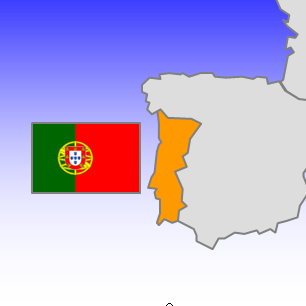
Portugal: between apathy and crisis of mainstream parties
Marco Lisi Portugal is experiencing a huge economic and social crisis…
-
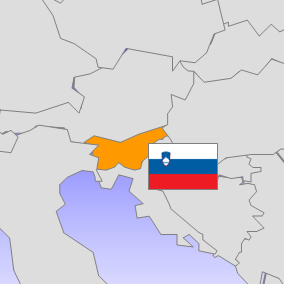
Slovenia: crisi politica interna e successo dell’opposizione
di Simona Kustec Lipicer L’Unione Europea è stata quasi completamente assente…
-

Slovenia: internal political crisis and the success of the opposition
Simona Kustec Lipicer EU was almost completely absent from the third…
-
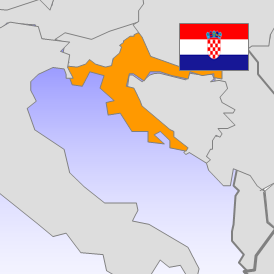
Croazia: risultati negativi per la coalizione al governo
di Andrija Henjak Le elezioni per il Parlamento Europeo (PE) in…
-
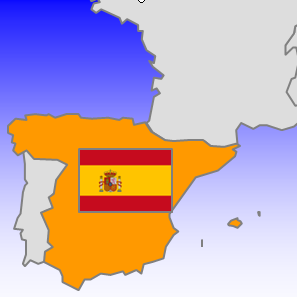
Spain: The beginning of the end of bipartisan rule?
Enrique Hernández and Marta Fraile Once more, and as is typical…